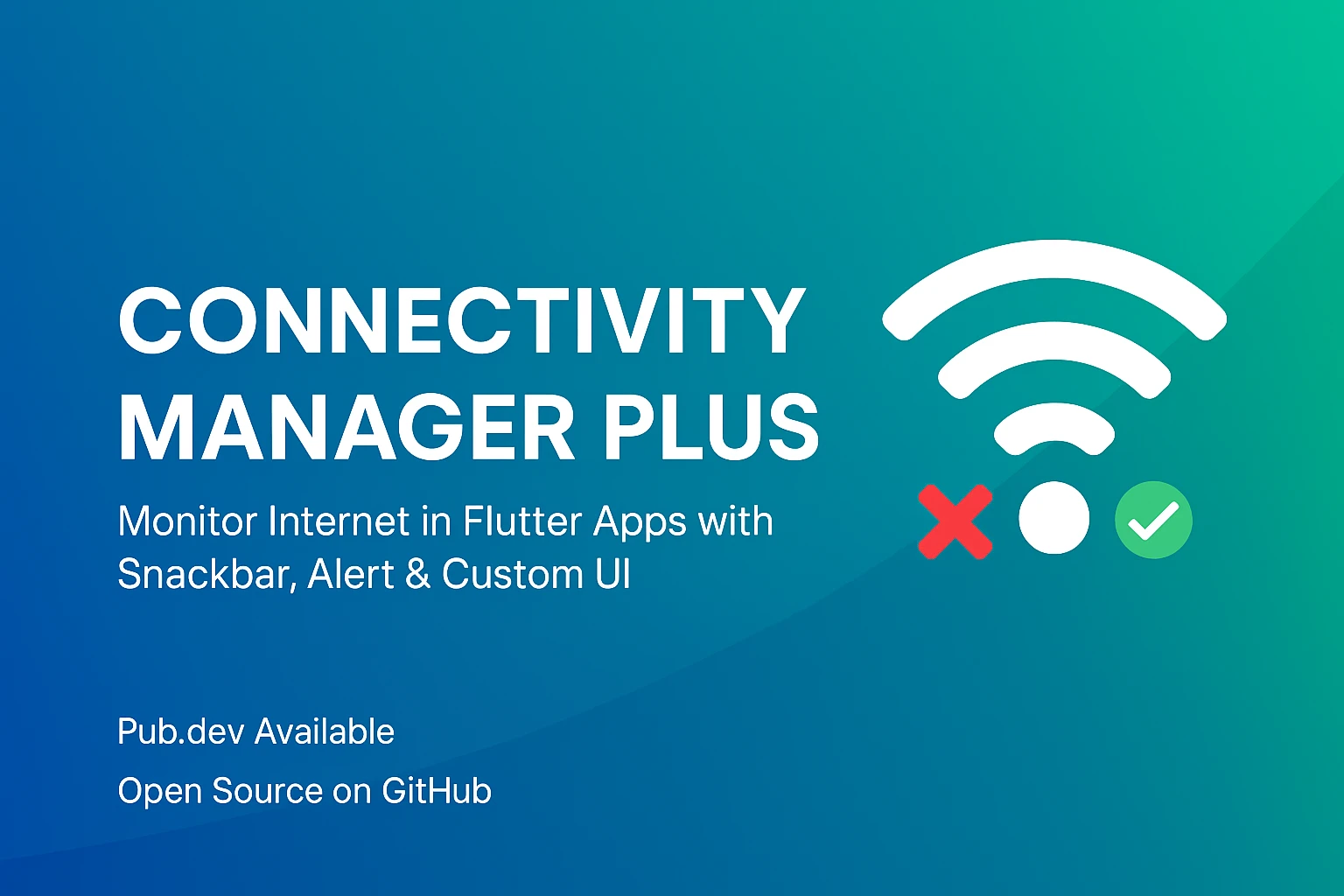The No-Code Revolution: Why It Works for Short-Term Projects But Fails in Scaling Businesses
In recent years, no-code platforms have gained immense popularity, providing an easy way for entrepreneurs, startups, and businesses to build and launch apps, websites, and digital products without needing extensive coding knowledge. While no-code tools can be a lifesaver for quick launches and short-term projects, they can become a significant limitation when it comes to scalability, customization, and long-term growth.
Why No-Code Solutions Work for Short-Term Projects:
For new startups or small businesses with limited resources, no-code platforms are incredibly appealing. They offer:
-
Speed and Cost Efficiency: No-code tools like Bubble, Wix, and Webflow enable businesses to launch websites and apps quickly, reducing the need for hiring expensive developers and designers.
-
Ease of Use: Anyone with a basic understanding of technology can use these platforms. They offer drag-and-drop interfaces that make development accessible to non-technical founders.
-
Low Initial Investment: Since no-code platforms don’t require technical skills, the upfront investment is relatively low, making them an attractive option for bootstrapped startups.
These advantages make no-code platforms ideal for prototyping, testing new ideas, or launching MVPs (Minimum Viable Products). They provide a fast and affordable way to enter the market and validate concepts before investing heavily in a fully custom-built solution.
The Dark Side: Scalability and Long-Term Issues with No-Code Solutions
While no-code platforms offer immediate benefits, their limitations become glaringly apparent when you need to scale your business:
-
Limited Customization: No-code platforms restrict your ability to fully customize and optimize your product. As your business grows and your needs become more complex, these platforms can hinder your ability to create the advanced features and functionalities that are crucial for scaling.
-
Performance and Speed Issues: Many no-code platforms are built on templates and shared infrastructure, which can lead to performance issues as your website or app attracts more traffic. This is especially problematic for businesses that rely on speed, reliability, and optimization for success.
-
Lack of Flexibility for Complex Solutions: As your business expands, you’ll need more robust systems, such as advanced databases, integrations with third-party services, and custom APIs. No-code platforms often lack the flexibility required to handle these demands.
-
Dependence on the Platform: When you build a product on a no-code platform, you're essentially locked into that platform's infrastructure. If the platform experiences issues, raises prices, or discontinues its service, your business could be at risk.
Why Startups and Entrepreneurs Might Be Falling Into the Trap of No-Code Solutions
Many new entrepreneurs and startups fall into the trap of using no-code solutions because they promise quick results and low cost. However, this can be a dangerous gamble for those with long-term goals. Here's why:
-
False Sense of Security: Startups often confuse the ease of no-code platforms with long-term sustainability. What seems like an easy solution in the short term may become a headache as your business scales.
-
Scalability is Overlooked: When focusing on speed, startups often overlook the scalability of their product. They may build a basic prototype, but as the user base grows, the limitations of the no-code platform can prevent further development.
-
Financial Risks: As businesses start to grow, they might find that moving away from no-code platforms is more expensive than originally anticipated. Custom development is often needed to solve the limitations, leading to higher costs and more time spent migrating data and features.
The Bottom Line: Should You Use No-Code?
While no-code platforms can be a fantastic solution for rapid prototyping, MVP development, or short-term projects, they are not the best choice for businesses that plan to scale in the long term. If you have ambitious growth plans, investing in a custom-built solution or partnering with a development team is the smarter choice.
Startups should carefully assess their long-term goals and business needs before relying heavily on no-code platforms. Plan for the future, and choose technology that can evolve with your business. Remember, quick wins shouldn’t come at the cost of future growth.
Conclusion:
While no-code platforms can give startups and entrepreneurs a leg up in the early stages, they are not the solution for businesses that aim to scale. As your business grows, the limitations of no-code platforms can create bottlenecks and challenges that hinder your ability to innovate and expand. Focus on long-term solutions that will serve your business as it evolves.
If you’re planning to scale and build a robust, high-performing business, it’s best to invest in custom development from the start. This will ensure that your technology grows with you and supports your vision for the future.
Call to Action:
If you're looking for reliable development solutions for your business, contact TechyCodex today. We provide customized, scalable IT solutions that help you grow and succeed in the long run.
📧 Email: info@techycodex.com





Comments:
Great read! 🚀 No-code platforms are fantastic for quick prototypes or MVPs, but the real challenge begins when businesses need to scale. Custom solutions offer much more flexibility and control in the long run. Curious to hear how others have navigated this balance between no-code and custom development. 🤔
Karn 28 Apr 2025